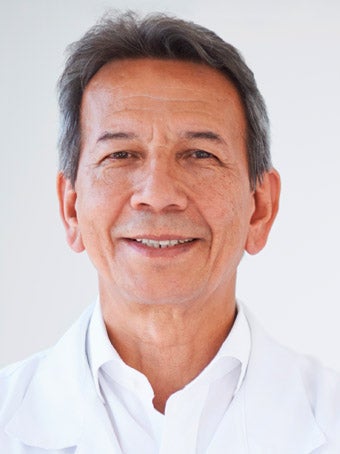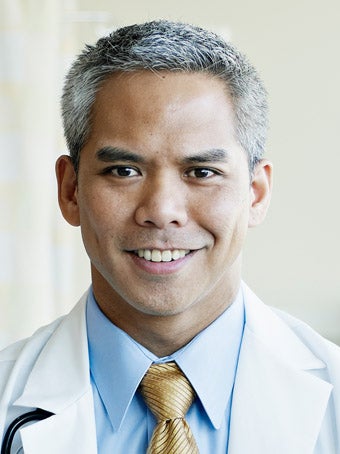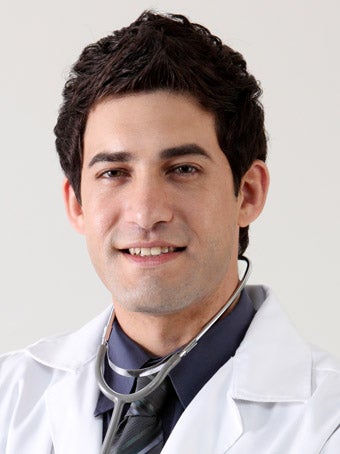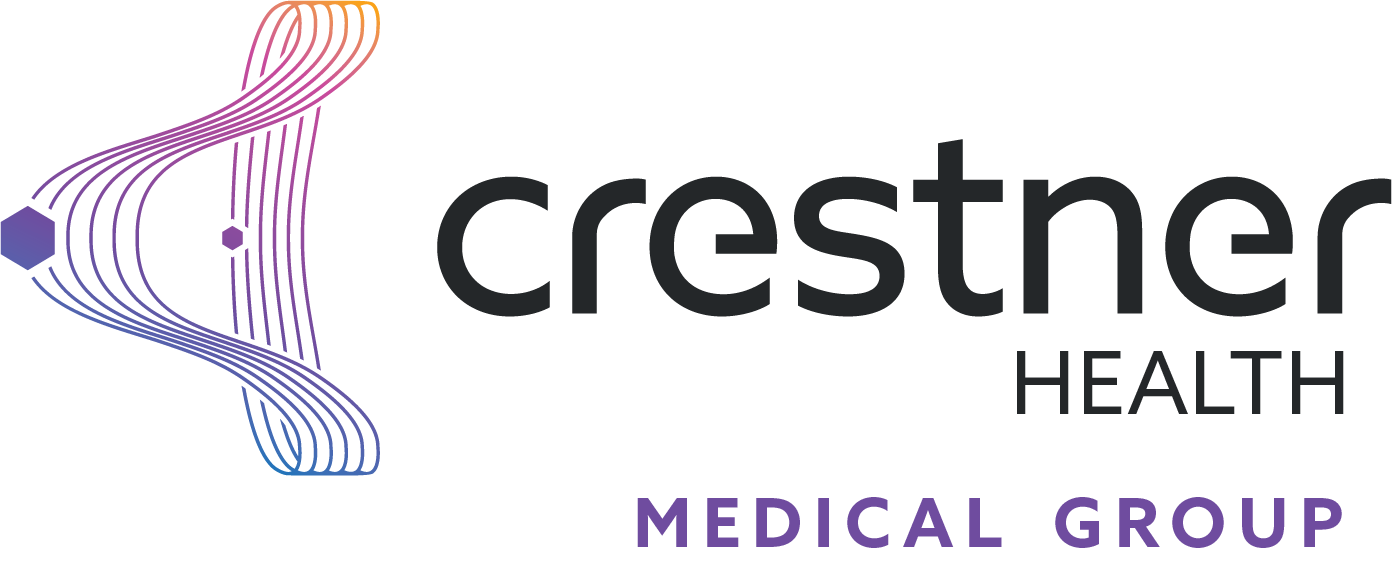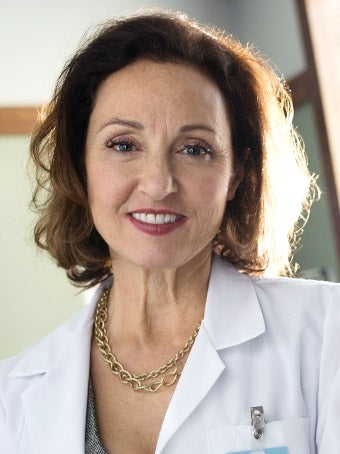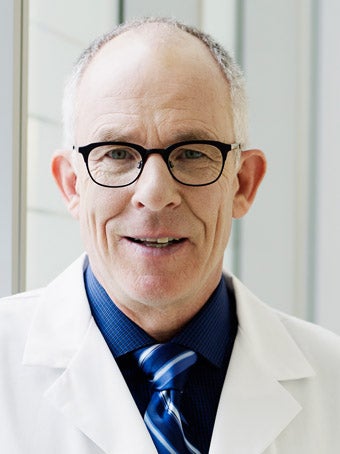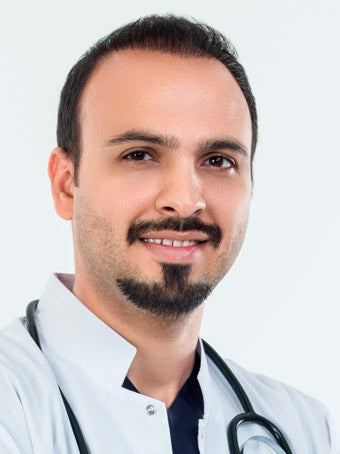Mastectomy
January 11, 2024Tags: Mastectomy, Breast Surgery, Removal of Breast, Treatments for breast cancer, Ob/Gyn issues, Oncology, partial mastectomy, preventive mastectomy, breast tumor removal, removal of breast tumor, women's health issues, prophylactic mastectomy, Breast Cancer Treatment, Mastectomies, Breast Neoplasms, Breast Cancer, Breast Cancers, cancer of breast, Cancer of the Breast, Breast Neoplasm, Mammectomies, Mammectomy, Radical Mastectomies, Radical Mastectomy, Meyer Mastectomy, Halsted Mastectomy, Extended Radical Mastectomies, Extended Radical Mastectomy, Modified Mastectomies, Modified Mastectomy, Modified Radical Mastectomies, Modified Radical Mastectomy, MRM, Patey Mastectomy, Simple Mastectomies, Simple Mastectomy, Total Mastectomies, Total Mastectomy, Subcutaneous Mastectomies, Subcutaneous Mastectomy, breast tissue removal, invasive breast cancer, risks of mastectomy, complications of mastectomy, breast cancer treatments, treating breast cancer, surgery for breast cancer, removing breast for breast cancer, Female, Adult (18+), Senior, Adult, Journey Stage, Pre-Operative Stage
Mastectomy is surgery to remove the breast. The most common mastectomies are called simple (or total) mastectomy and modified radical mastectomy. During these procedures, the chest muscle under the breast isn't removed. This means your arm strength should remain the same. Keeping the chest muscle also makes breast reconstruction easier, should you chose to have it.
Simple (total) mastectomy
During a simple mastectomy, all of the breast tissue (lobules, ducts, and fatty tissue) and the skin, nipple, and areola are removed. This surgery most often requires an overnight hospital stay. Based on the results of surgery and follow-up tests, more treatment may be needed.
Modified radical mastectomy
This type of mastectomy is usually done to treat invasive cancer that has spread to the lymph nodes. All of the breast tissue, skin, nipple, and areola are removed. Some of the lymph nodes in the arm pit are also removed. (These are called the axillary lymph nodes.) The removed nodes are tested for cancer. A surgical drain is often used to keep fluid from building up. This drain usually stays in for a week or two after surgery. This surgery requires an overnight stay in the hospital. Based on the results of the surgery and follow-up tests, more treatment may be needed.
Right after surgery
You'll wake up in a recovery room. You may have an IV (intravenous) line for fluids and medicines. A tight bandage (dressing) will be wrapped around your chest. There may be a drain coming out of it. Pain medicines will be given to you as needed. A nurse will check your temperature, pulse, and blood pressure. You'll likely stay in the hospital for at least a day.
You'll be given instructions on how to care for the dressing and drains, what kind of pain medicines you should use, and how to take care of yourself as you recover. You'll be given arm exercises to do as you heal. Make sure you understand all the instructions and know when you need to next see your healthcare provider.
Risks and possible complications of mastectomy
Any type of surgery has some risk. Risks for mastectomy include:
-
Pain or numbness
-
Bleeding
-
Infection
-
Swelling at the surgery site
-
Shoulder stiffness
-
Fluid collection (seroma) in the area where the tumor was removed
-
Long-term swelling of the hand, arm, arm pit, and chest (lymphedema)
-
Nerve damage that can cause numbness
-
Wound-healing problems and scarring
Talk with your healthcare provider about the risks related to your surgery and what you can do to help prevent problems.
When to call your healthcare provider
Talk to your provider about problems you should watch for. Call them right away if you have any of the following after surgery:
-
Fever of 100.4°F (38°C) or higher. or as advised by your provider
-
Chills
-
A change in the way the drainage looks or drainage soaks the dressing
-
Incision opens up or the edges pull apart
-
Signs of infection around the incision, such as redness, drainage, warmth, and increased pain
-
Cough or shortness of breath
-
Trouble passing urine or changes in how your urine looks or smells
-
Swelling in your hand, arm, or chest that gets worse or isn't getting better a week or 2 after surgery
-
Pain, redness, swelling, or warmth in an arm or leg
-
Any unusual bleeding or bleeding that soaks the dressing
-
Any other problems your provider told you to watch for and report
Make sure you know how to reach your provider in case problems come up. Know what number to call with questions or problems after office hours, on weekends, and on holidays.



